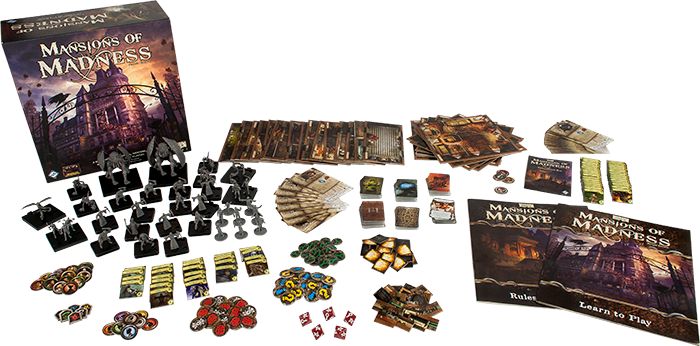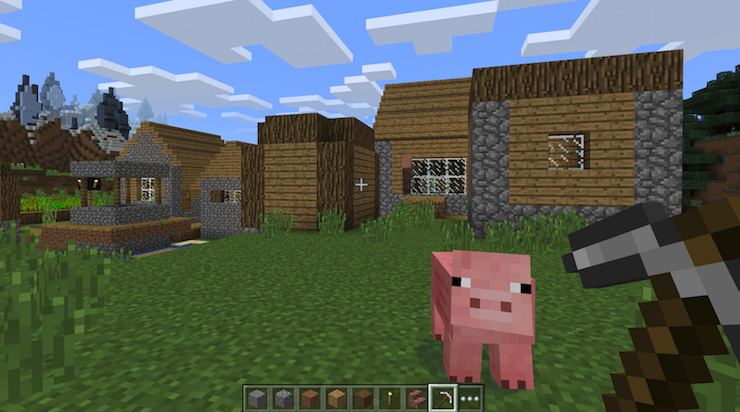Representation matters. This is something that we have said countless times. It matters in games, in game development teams, in games communities, and in the world at large (especially in our current political environment). Over the course of the last couple of months we have spent several podcast episodes talking with gamers and content creators on a number of platforms. And regardless of whether or not we were talking about streaming platforms, making space for content creation in our academic lives, or just existing in spaces that can be hostile to certain kinds of bodies, there has been one constant. The belief that representation matters and that having a space to exist within is vital.
After having several of these conversations I found myself convinced that I wanted to get back to streaming, but I was pretty sure that I didn’t want to go back to Twitch because despite the good experiences that I’d had there I had little to no confidence that Twitch as a platform and a company was willing or able to provide me with a non-toxic environment so I decided to give Mixer a real try. So I started streaming there. At first it was sporadic. Whenever there was time, when my daughter was asleep, when “work” was done, when… You get the idea…almost never. Then I decided that there would never be a perfect time to stream if I didn’t see it as and make it a priority. If I didn’t commit to being a part of the streaming community. If I weren’t committed to the community that I wanted to see folks like me represented in.
Black. Queer. Older. Feminist. Gamer.
According to 2017 statistics from Entertainment Software Association the gaming community is comprised of 41% women and when we look at the number of women who participate in the live streaming of video games the percentage (by some reports) drops to less than 20% on Twitch (which is still the largest streaming platform). Considering the fact that video game streaming accounts for more than 40% of all internet streaming traffic this particular lack of visibility may add to the misperception that there are significantly fewer female than male gamers. And this lack of visibility becomes even greater when we consider female gamers who don’t fit into a white, heteronormative mold.
In her essay “The Trouble with Communities”, Adrienne Shaw argues that the trouble with communities may not always be with the communities themselves, but rather with our expectations.
The trouble with communities is not that they are not inclusive; no community can be all things to all people. The trouble with communities is that too often we speak as though the goal is to create one great community rather than providing space for multiple communities to coexist. Community building is not a zero-sum game; it is not a competition. Having multiple game cultures does not inherently displace others. Individuals can live in, be in, and thrive in multiple communities simultaneously. Multiple communities can exist without taking away from one another. They form in moments of conflict, but why they are important is so much bigger than that. For me, embracing the multiplicity of communities and building coalitions across them can allow us to have conversations about things that are problematic in game design, texts, communities, cultures, and studies. Looking at communities this way requires understanding that the goal of creating inclusive spaces is about much more than hurt feelings.
And this notion of multiple, intersecting communities is one that becomes even more difficult to grapple with when we begin to think about adding academic communities to the mix. Because as an academic…specifically a female academic of color I always feel the need to justify my non-traditional pursuits, even when feminist research methods tell us that it is moral and just to belong to the communities that we study. And the games community is one that I have belonged to far longer than I have the academic one and despite the fact that it can be a toxic one, it is also one that I have found myself more readily accepted into and feeling more comfortable in. Rather than completely dismissing the games community as a racist, sexist, homophobic one, I am fully aware that this community is a microcosm of the larger society in which we live and in the same way that we understand that the world around us is not one monolithic community (but myriad diverse ones) we must come to understand that there are multiple distinct and intersecting communities present in the games community as well.
And if we are to consider how much time is spent (collectively) watching streamers and YouTubers (my own child spends more than half of her “television’ time watching these kinds of content creators) a good argument can be made for helping people who play games (regardless of whether or not they consider themselves gamers) see that their community is indeed a diverse one. Unfortunately, I still find myself struggling to reconcile my identity as a gamer, an activist, and an academic. I am always a gamer. I love games and I love the games community (some times more than others). I am an activist. I am passionate about equality and equal and accurate representation. And (perhaps to a lesser degree) I am an academic. Academic in the sense that I study people, platforms, and systems with the purpose of using and disseminating the knowledge that I create to make real people’s lives better. To help the community that I am a part of. Because that’s what community members do, right?




